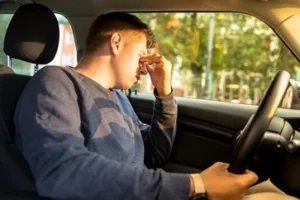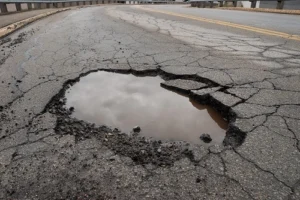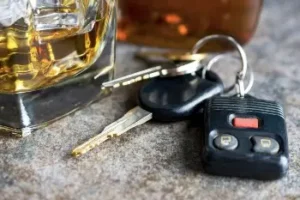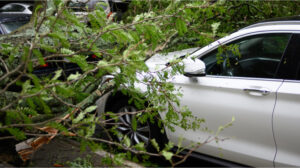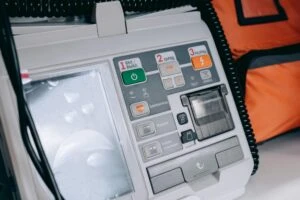
Sudden deaths from heart attacks are painful for families who must suffer through losing a loved one. They will wonder if anything could have been done. Federal and state governments believe there is and have backed laws that promote the use of automated external defibrillators (AEDs), which shock an erratically beating heart and restore it to its normal rhythm. When performed with CPR within five minutes of cardiac arrest, AEDs are remarkably effective.
Every state plus the District of Columbia has enacted legislation requiring AEDs to be available in certain government buildings and some large venues. Laws also protect Good Samaritans who render emergency assistance to people suffering from cardiac arrest without expecting to be paid. But who might be responsible if your loved one dies? You may want to pursue a wrongful death claim with AED litigation.
Laws Involving AEDs
The federal Cardiac Arrest Survival Act requires AEDs in federal buildings, airports, and inside airplanes. The state passed legislation in 2023 to expand access to AEDs that now includes:
- Health clubs
- Populated areas
- All high schools
- Colleges with programs in intramural athletics
Once an AED is installed on the premises, it must be maintained and tested according to the manufacturer’s guidelines. A physician or nurse practitioner must oversee compliance, reporting, and a nationally recognized training program in AEDs and CPR. AEDs and CPR are used together to save lives.
Injured on Someone Else’s Property?
Know Your RightsOur expert premises liability lawyers will help you hold negligent property owners accountable.
Get a Free Case Evaluation
504-500-1111Louisiana’s Good Samaritan Laws
Good Samaritans who are medical professionals are protected under Louisiana Revised Statutes 37:1731 from civil liability when the person in danger is further harmed or dies when the provider reacted in good faith and helped without expecting to be paid. Bystanders are similarly protected under R.S. 9:2793, which means the family of the person receiving assistance cannot sue a bystander for negligence.
Responsibility for a Wrongful Death
Several scenarios exist for wrongful death claims tied to AED use. The Good Samaritan Law usually protects physicians, but when they are grossly negligent when treating a heart attack victim, for instance, they are severely compromised by drugs or alcohol and administer substandard or lethal care, the family could file a wrongful death suit.
Because property owners with AEDs must maintain them and train users, those owners could also become defendants in wrongful death lawsuits. This could happen when a trained person attempts to use an AED that does not work because it was not maintained, or employees at a health club were not trained to use an AED and a member dies before 911 arrives.
Harmed by a Dangerous Defective Product?
We’re Here for YouOur experienced product liability attorneys will fight to secure the compensation you deserve for your injuries.
Schedule a Free Consultation
504-500-1111Damages in Wrongful Death Cases
Family members are eligible for financial awards for the wrongful death of their loved ones. Spouses, children, parents, and siblings can recover what can be calculated, such as final medical bills, funeral expenses, loss of the decedent’s future wages, and loss of other benefits the decedent provided, such as health insurance. Families are also entitled to compensation for the emotional losses they suffer from losing a parent’s guidance or a spouse’s affection.
Slip and Fall Accident?
Get the Legal Support You NeedOur dedicated slip and fall attorneys will help you navigate the legal process and claim the compensation you deserve.
Speak to a Lawyer Today
504-500-1111Let Us Help You Pursue a Wrongful Death Claim Through AED Litigation
The sudden shock of a loved one dying from a heart attack is hard enough on families. Knowing it would not have happened if an AED were available or properly maintained can worsen it.
The attorneys at Scott Vicknair believe you should not have to sit idly by after a loved one dies from a heart attack because someone was negligent. There is a system in place to ensure that those who intercede and use AEDs are trained and that the machines work. When there is a breakdown in the system, negligence may be the cause. When you are considering pursuing a wrongful death claim through AED litigation, give us a call. You pay nothing unless we win.
